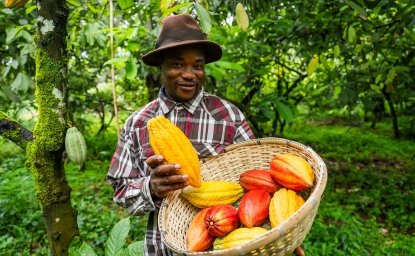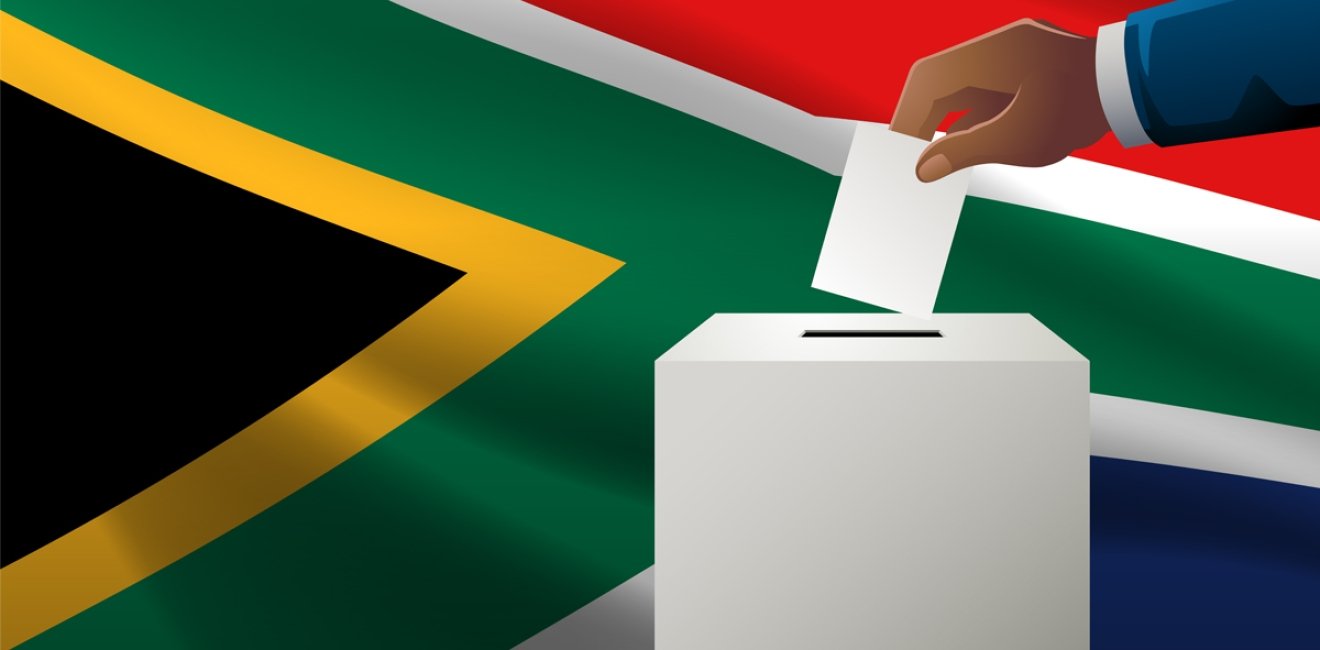
A blog of the Wilson Center
Ruling parties were defeated at the ballot box in four African countries last year, and in a fifth, the incumbent party only retained power as part of a coalition government.
In Kenya’s 1988 national elections, the little village school where my wife Sue and I were teaching served as one of the polling places. That was the year that Kenya tried what it termed the “queuing method” of voting and tabulation. Officials held up photographs of candidates, and people were instructed to line up behind the photograph of their choice.
As we quietly watched, the lines of voters would grow by fits and starts until, not long before the counting of the lines was to occur, one line decided that the other would win, and nearly everyone moved to the winning line. The results were largely unanimous.
The next day at school, one of my teaching colleagues asked me what I thought about the elections. I said they were a little different than what we were used to in America. He looked at me and said, “I am sure of that. But you know, at least we are counting heads and not breaking them.”
Africa’s Year of Elections
Commentators the world over dubbed 2024 the “Year of Elections.” There were national elections in more than 60 countries, including some of the world’s largest and most vibrant democracies—India and Mexico, South Korea and Japan, the UK and, of course, the US. But as is so often the case, little attention was paid to the vibrant elections taking place across the African continent.
As our friends at the Mo Ibrahim Foundation noted in Reviewing Africa’s 2024 Election Year: Trends and Stories from the 2024 Ibrahim Index of African Governance, 14 African countries held contested national elections last year. They included strategically important countries like South Africa, Ghana, and Senegal. In four countries—Botswana, Senegal, Ghana, and Mauritius—the opposition party prevailed. In Botswana, six decades of rule by the Botswana Democratic Party came to an end. In Mauritius, the opposition party captured 60 of 64 seats in parliament. In Senegal, voters not only replaced the party in power, but they elected to the presidency Africa’s youngest elected president. In Namibia, voters elected the country’s first female president. In South Africa, for the first time since Nelson Mandela made history by capturing the country’s first free elections in 1994, the African National Congress lost its outright majority in the parliament. It was only able to retain power by entering a governing coalition with its chief rival, the Democratic Alliance.
In some parts of the continent, outside forces like Russia and China are working hard to shape trends in ways that serve their interests. But Africa prefers democracy, and in most cases, prefers the US.
Cause for Optimism
In recent years, Africa has had its share of democratic setbacks, particularly in places like the Sahel region, which experienced a slew of military coups from 2020-2023. But what gets little attention in Western media is Africa’s democratic vibrancy. Contrary to popular belief, most Africans still believe in democracy. A 2023 study revealed that 66% of Africans prefer democracy to any other kind of government. They support democratic institutions such as press freedom, term limits, and elections. Nine African countries are ranked in the world’s top 50 in terms of political participation. And the Mo Ibrahim Foundation found that between 2021 and 2023 political pluralism improved in 10 countries that held national elections in 2024, indicating a blossoming culture of interparty competition.
Looking to the Future of US-Africa Relations
Former Special Envoy to the Sahel Peter Pham likes to refer to Africa as “the continent of tomorrow.” Africa is the world’s youngest continent, with 70% of Sub-Saharan Africa under the age of 30. It is estimated that by 2050, one in every four people in the world will be African. US total goods trade with Africa hit a whopping 10-year high in 2024 at $71.6 billion. Many African countries are net consumers of US exports, and the US in turn imports significant amounts of raw materials from the continent. Africa possesses a third of the Earth’s mineral resources, including half its cobalt supply—resources that both are and will become increasingly vital to technological innovation, the green transition, and global electrification. These critical minerals can be found in South Africa and countries in the Sahel like Mauritania and Senegal, among others.
In other words, Africa should matter to us, and it should be a major pillar of our foreign policy for years to come. It will be hard for the US to develop and maintain a successful approach to Africa if we don’t pay attention to the changes—especially at the ballot box—that are taking place.
Last year was a big year for African democracy, but 2025 will be nearly as important. Eleven countries are slated to hold either general or presidential elections in the coming months, including Egypt, and other important partners. The path of democratic governance in Africa is unsteady, to be sure. In some parts of the continent, outside forces like Russia and China are working hard to shape trends in ways that serve their interests. But Africa prefers democracy, and in most cases, prefers the US. But young Africans are restless… They have dreams and aspirations. Helping them get there—by “counting heads and not breaking them”—is in their interests, and ours.
This blog was researched and drafted with the assistance of Caitlyn Shrewsbury.
Author


Africa Program
The Africa Program works to address the most critical issues facing Africa and US-Africa relations, build mutually beneficial US-Africa relations, and enhance knowledge and understanding about Africa in the United States. The Program achieves its mission through in-depth research and analyses, public discussion, working groups, and briefings that bring together policymakers, practitioners, and subject matter experts to analyze and offer practical options for tackling key challenges in Africa and in US-Africa relations. Read more

Explore More in Stubborn Things
Browse Stubborn Things
Spying on Poachers

China and the Chocolate Factory

India: Economic Growth, Environmental Realities

